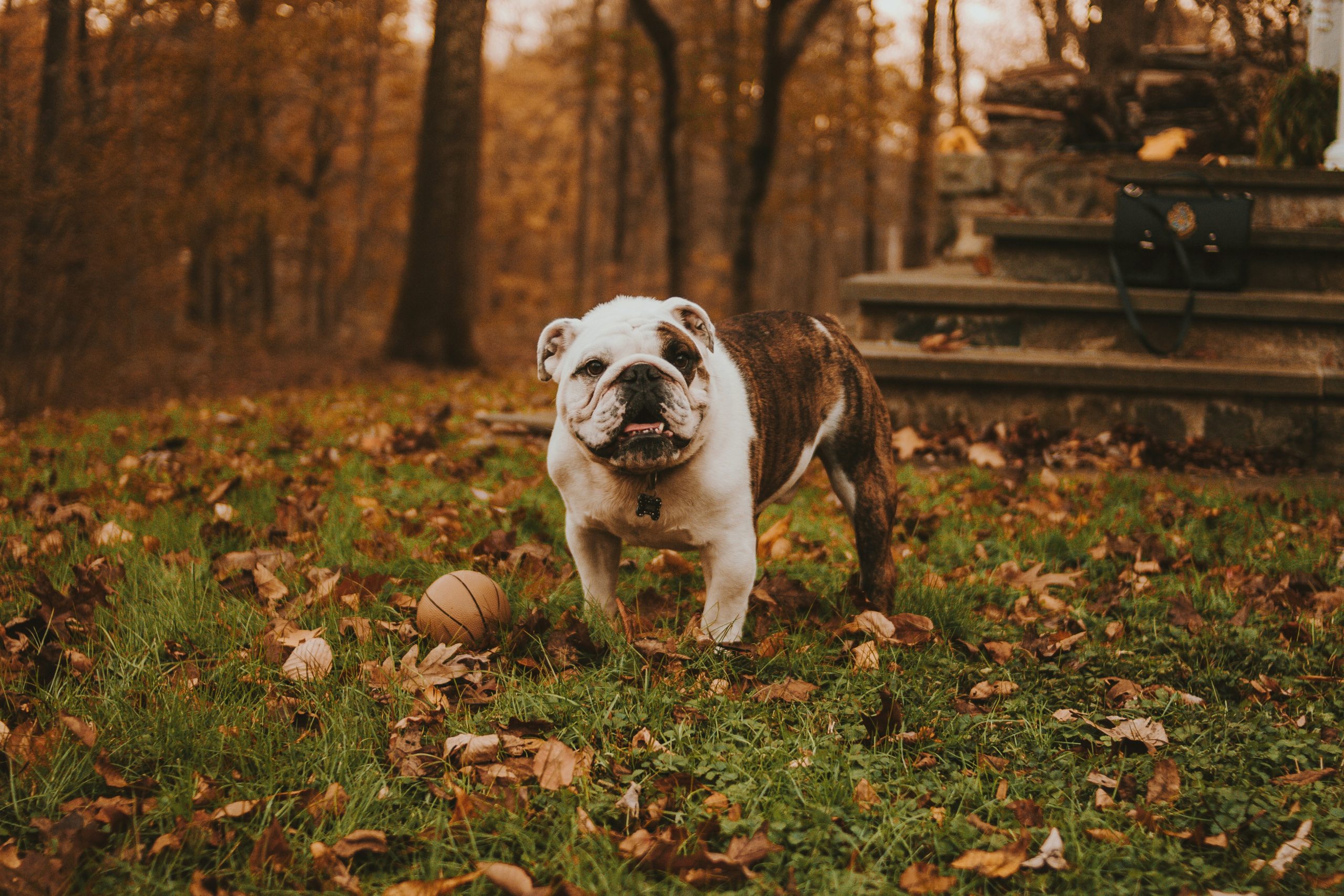BOAS is a condition that affects dogs with short noses and flat faces, like English Bulldogs, Pugs, and French Bulldogs. These dogs often have trouble breathing because of their unique head shape. Other breeds like Boston Terriers, Boxers, Pekingese, Shih Tzus, and Lhasa Apsos can also be affected.
BOAS occurs when parts or all of a dog’s airway is obstructed making it hard for them to breathe. These dogs have narrowed airways that lead to difficulty breathing and a host of other health problems. The type of airway obstructions can include small, narrowed nostrils, a soft palate that hangs over the tracheal opening, small pouches in the larynx which sits at the beginning of the trachea (windpipe) that evert/balloon into the airway and a smaller than normal trachea.
BOAS is linked to breeding practices that favor the flat-faced look of these dogs. Unfortunately breeding for this look also created anatomical and structural changes that make it much more difficult for many of these dogs to breathe. We now see more and more cases of BOAS, and with the increased popularity of “Frenchies” this breed has moved to the forefront of those affected by BOAS.
In moderate to severe cases of BOAS, surgery is often necessary to improve the quality of life for affected dogs and should even be considered for mild cases because, over time, the condition can worsen without intervention due to the abnormal breathing pattern these dogs endure. Surgical options include shortening the soft palate, widening the nostrils, and removing the pouches in the throat. While surgery can help a lot, it might not completely fix the problem.
Surgery may not always be needed, or may not be an option for everyone, so lifestyle changes can help manage the condition. Management includes keeping your dog at a healthy weight, avoiding stress and high temperatures, using a harness instead of a collar, and giving medications if needed.
It’s important for dog owners to know about BOAS. Preventing BOAS starts with responsible breeding. Breeding for health instead of just looks can decrease the incidence of BOAS and improve the lives of these dogs. For dog owners who already have a dog with BOAS, keeping your dog healthy and avoiding overheating can help. However, early surgery is often the best way to manage BOAS long-term.
For more information, talk to your veterinarian and check resources from organizations dedicated to dog health.

